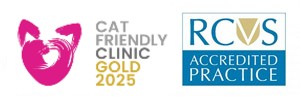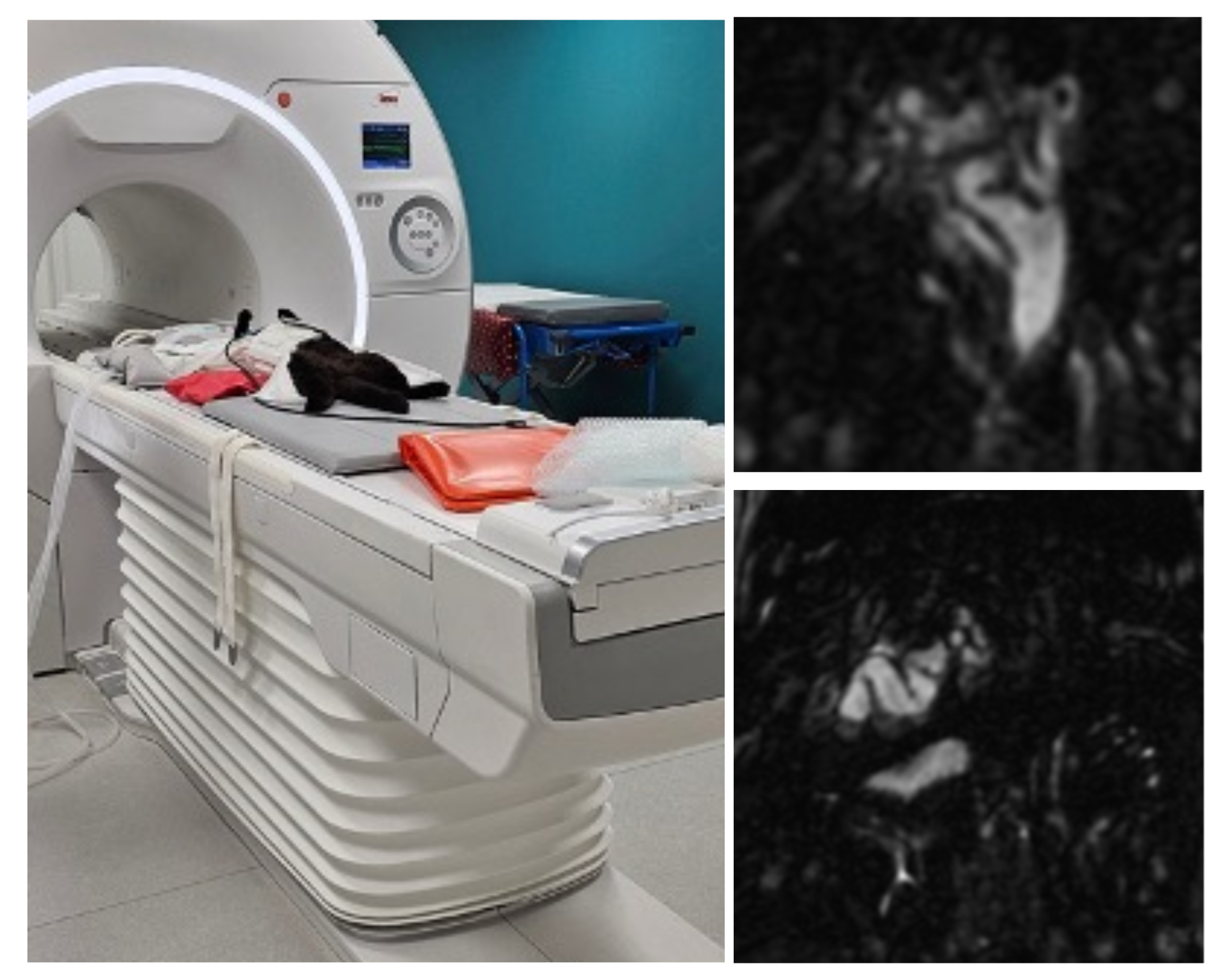Submitted by J. Hudson on Tue, 22/07/2025 - 16:38
The Queen’s Veterinary School Hospital (QVSH) is running a research study to explore whether a non-invasive MRI technique - magnetic resonance cholangiopancreatography (MRCP) - can help diagnose cholangiohepatitis in cats. This could reduce the need for invasive liver biopsies in the future.
We are looking for cats with signs of possible biliary or liver disease, including:
-
Lethargy or low energy
-
Vomiting or diarrhoea (especially if recurring)
-
Poor appetite or weight loss
-
Abdominal discomfort or pain
-
Jaundice (yellowing of the skin, eyes, or gums)
-
Fluid in the abdomen (ascites)
Cats must also have at least one raised liver enzyme on blood tests. If a liver biopsy is recommended as part of their care at the QVSH and the owner consents, the cat may be eligible to take part in the study and undergo an MRCP scan under the same anaesthetic.
There is no cost to the owner for the MRI, histopathology, or additional anaesthetic time - these will be fully covered by a research grant. Owners would still pay for standard investigations (consultation, bloodwork, ultrasound, and biopsy).
The study has been ethically approved by both the RCVS and the University of Cambridge, and participation is always optional.
If you are a cat owner and they are these signs, speak to your vet and ask if a referral to the QVSH might be right for you. Your cat could help us take an important step towards better diagnosis and treatment for this condition.
Referring vets can contact Katie McCallum km664@cam.ac.uk or Abby Caine arc24@cam.ac.uk at the QVSH to discuss suitability.
For full details, read the information sheet here.



